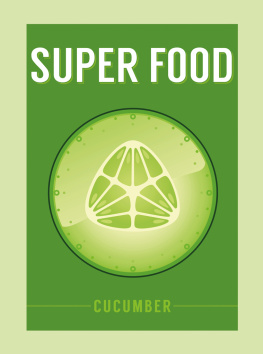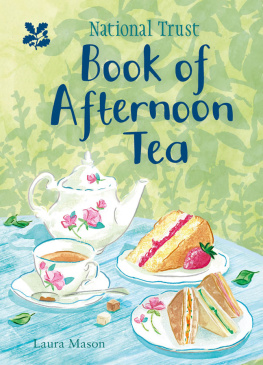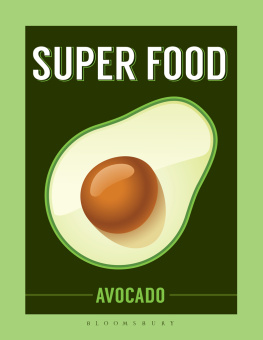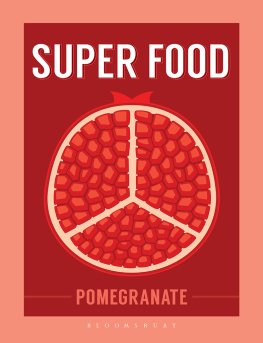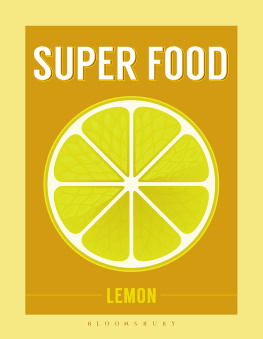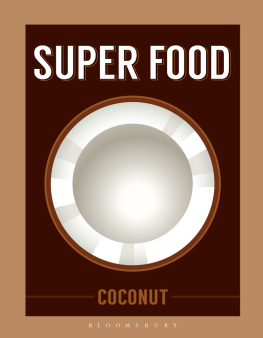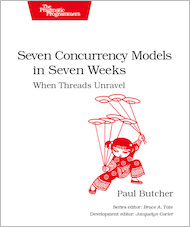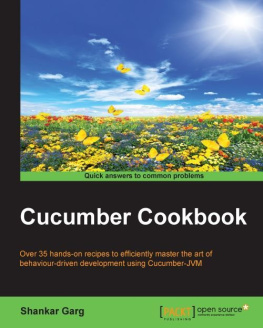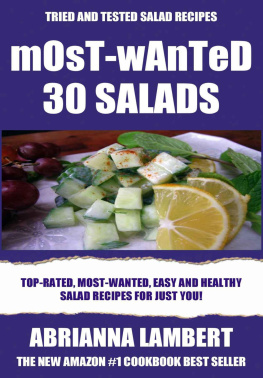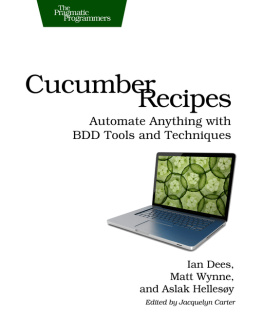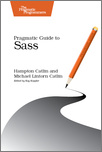
INTRODUCTION
The prince enjoyed exceptionally good health, even for a prince; and owing to his gymnastic exercises and the scrupulous care he took of himself he remained as fresh as a great, green, shiny Dutch cucumber.
Leo Tolstoy, Anna Karenina
(18731877)

HISTORY
Millions of years ago in Asia a wild species of gourd flourished, the shared ancestor of both melons and cucumbers. It is believed the two strains diverged around 12 million years ago. Wild versions of cucumber were part of the diet of early man, and excavations at the Spirit Cave in Thailand have suggested that cucumbers were being eaten in the earliest Neolithic settlements.
The forerunner of our modern cucumber (cucumis sativus) is thought to have first been cultivated over 4,000 years ago in north-west India, and to have spread from there across the ancient world. The Israelites, fleeing with Moses, lamented in the Bible: O that we had meat to eat! We remember the fish we ate in Egypt for nothing, the cucumbers, the melon, the leeks, the onions and the garlic (Numbers 11 v 56).
Ancient societies had discovered that pickling cucumbers in brine or vinegar was a good way to preserve them, and archaeological evidence shows that the Egyptians were pickling cucumbers they had imported from India. The ancients understood the nutritional value of pickled vegetables, and it is said that Cleopatra attributed her beauty to including them in her diet, while Julius Caesar fed them to his troops to keep them healthy.
The Romans were huge consumers of the cucumber, especially the emperor Tiberius, who had his slaves wheel huge barrows full of cucumbers around to keep them in the sun so he could enjoy them every day. The ancient Greeks enjoyed cucumbers too, although confusingly there was an archaic variety of melon which was cucumber-shaped and even tasted of cucumber. References in ancient texts to sikyon could therefore refer to melons as much as to cucumber. Given the shared ancestor of melons and cucumbers this lack of distinction is perhaps not surprising.

By medieval times cucumbers were being eaten across Europe and in the 9th century appear on a list of required plants for the gardens of the Emperor Charlemagne in Aquitaine. Their popularity was greater in eastern Europe at this time and from the 10th century the Slavic population enjoyed cucumbers as a central part of their diet, especially in their pickled form.
Christopher Columbus bought the cucumber to the New World at the end of the 15th century, planting supplies in Haiti for pickling to ensure nutrition on board his ships. The cucumber was popular with settlers, and through the process of trading goods the native American tribes were introduced to it and began to include it in the crops they grew.
The popularity of the cucumber has risen and fallen over the centuries, as there were times when people felt uneasy at the thought of eating uncooked vegetables. In England in the 1600s the cucumber was regarded with suspicion, and given the nickname cowcumber some said because it was only fit for cows, although it is probably just a pronunciation variation. At one point it was even regarded with dread, and a 16th century proverb held that raw cucumber makes the churchyards prosperous. For a few centuries the cucumber fell from grace and it is thought that it only began to be eaten again in England in the reign of Henry VIII because it was enjoyed by Catherine of Aragon.
The original version of the cucumber was nothing like the long green cucumber of today. A copperplate image from the late 18th century shows a plant with small bean-shaped fruits. The cucumber was bred into the common form over centuries and there are now two main types that we use slicing and pickling. Some varieties of slicing cucumber are called burpless (so-called because it was believed cucumbers could give you gas!). The cucumber is now firmly established as an everyday part of our modern diet and, as its health benefits are understood more fully, is set to stay.

HEALTH BENEFITS
The unassuming cucumber packs a powerful punch when it comes to health benefits. With a staggering 96% water content, eating cucumbers to maintain hydration and flush out toxins has been popular for centuries, but the list of other, more impactful health benefits is truly impressive.
Cucumbers have incredible benefits for digestion. Although they contain virtually no calories, they do contain soluble fibre, which helps you feel full for longer. They also contain insoluble fibre, which is essential to good bowel health, and studies have shown that they also limit the bodys ability to produce uric acid thereby reducing the risk of kidney stones.
Cucumbers are a great source of potassium and magnesium, which help with regulating blood pressure and combating stress. They contain a hormone that helps produce insulin and are therefore a good food for diabetics.
Eating cucumbers may also help reduce cholesterol thanks to high levels of sterols. They are also loaded with antioxidants including Vitamin C and beta-carotene, and polyphenols called lignans, which help fight cancer and heart disease. The skin and seeds of the cucumber contain the highest levels of Vitamin C. Their antioxidant properties also help inhibit inflammatory substances in the body and reduce pain.
Studies have demonstrated that cancer cell development can be inhibited by components in cucumbers called curcurbitacins. Curcurbitacins, which are found in other members of the gourd family, can be toxic if eaten in great quantities, and can give a slightly bitter taste to cucumbers. This is a defence mechanism of the plant against insects and herbivores. In cultivated cucumbers the bitterness can be tackled by various methods during the growing process.

Cucumbers contain fisetin which helps with brain health by protecting nerve cells from the ageing process, thus fighting memory loss in conditions such as Alzheimers. They also contain silica, an essential component of healthy tissue, which is great for skin and joints, and Vitamin K, which is essential for bone health and calcium absorption. The Vitamin C in cucumbers also protects skin against UV rays, thus preventing wrinkles and other signs of ageing.
The cucumber an immediate and easy source of nutrition and hydration should be included in our diet every day!

